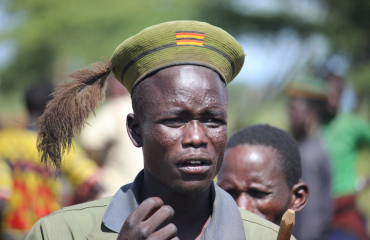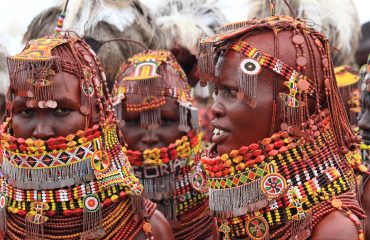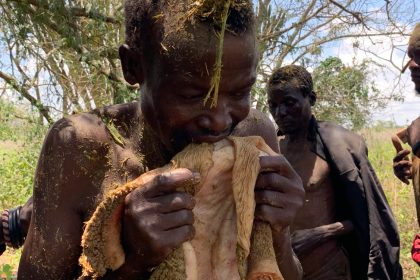
VILLAGE “ERE” VISIT/STAY
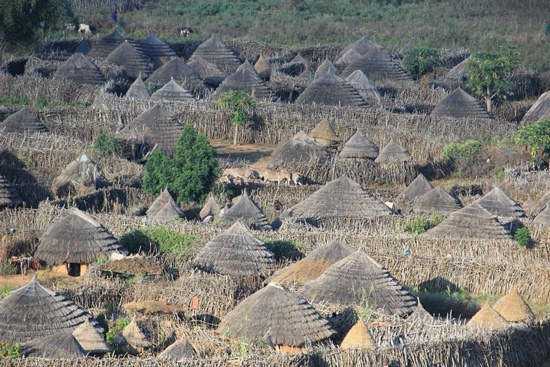
The villages are incredibly built and surrounded by sharp acacia with small entry points around the village and with a big enclosed compound in between, its where animals are kept during the rainy season.
The villages comprise of several house holds enclosed in one fence called “ere” Manyattas (Kiswahili) with very important roles played by women who are identified more with their house holds “ekal” common herd of livestock take a central position in the village / Manyattas
WHEN VISITING/STAYING WITH THE KARIMOJONGS IN THEIR VILLAGE
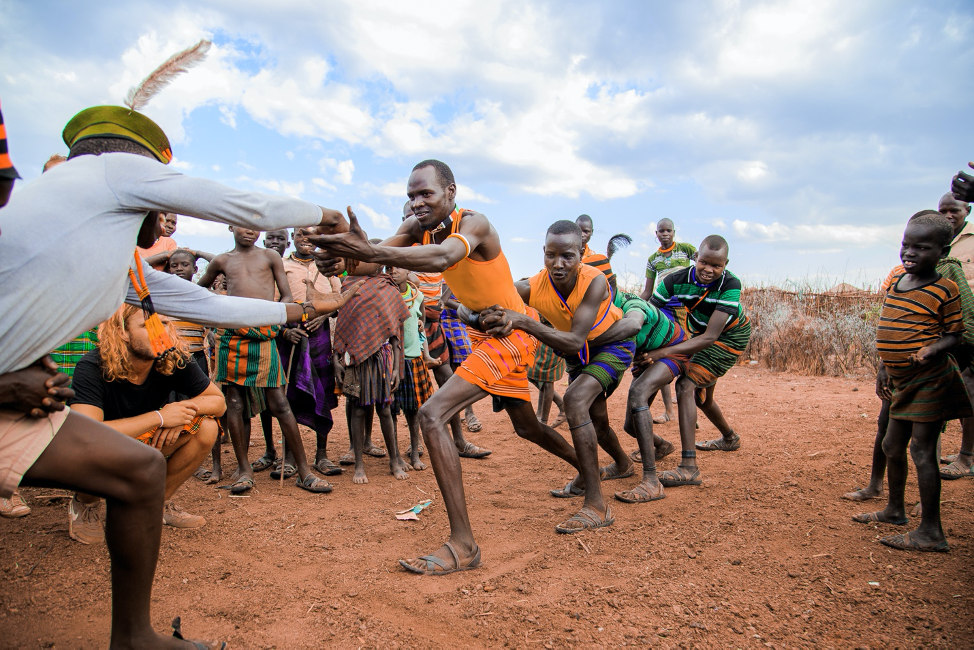
Karimojong home stay exposes you inside our Nomadic communities, participate in the daily cultural dances, games, exchange cooking lessons, Grinding, check hands with the Karimojong chiefs and have a direct interaction with crafts men and Women while learning about their history and daily way of life
Many homestay families are well adjusted to the hosting experienced. Unlike alternative accommodation styles, homestays offer a high degree of personalized attention and interaction between the host family/village and the guest.
Its un common to fine a chance to connect with local people the way you do during a homestay. The relationship is one of mutual respect and admiration and often grows into a friendship.
KRAAL “AWUI” VISIT/STAY
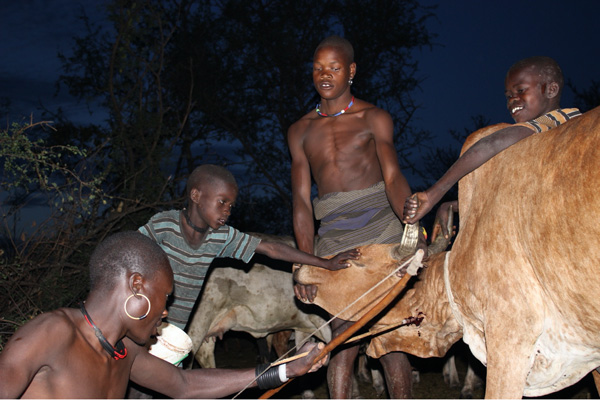
The kraal is a temporary camp for men, young boys and their livestock normally located in the middle of nowhere and in a place which is historical remembered. This is completely different from the villages, when in this tour, you will experience all about a Nomadic karimojong warriors, participate in the milking of cows and bloodletting as an activity Normally done by all karimojong Nomads, therefore, blood and milk is the only food warriors survive on in the kraal and its only once on daily basis. You will as well be having your dinner around the campfire, interacting directly with the warriors, sleeping under bright stars and participating in their daily life in the wilderness
The kraals as no houses hence the Nomadic warriors sleep in the open in the year round even if there are massive rains/winds.
Karamoja is well known for its rich and conservative culture, social organization system and age groups are still functional in the region, and the elders are highly respected and influence many decisions within and around their communities.
TRADITIONAL KARIMOJONG CEREMONIES
Karamoja is well known for its rich and conservative culture, social organization system and age groups are still functional in the region, and the elders are highly respected and influence many decisions within and around their communities.
All our traditional ceremonies are annually conducted depending on the harvest of each and every year and situations in Karamoja. For those who wish to record or witness our traditional ceremonies we do recommend that you communicate us about when you would like to come to Karamoja such that we can tell you when this events are conducted. We will be happy to help you out with this arrangement. The highlights of the common ceremonies are:
- Marriage ceremonies
- Initiation ceremonies
- Prayer ceremonies
- Ceremony of Good harvest

